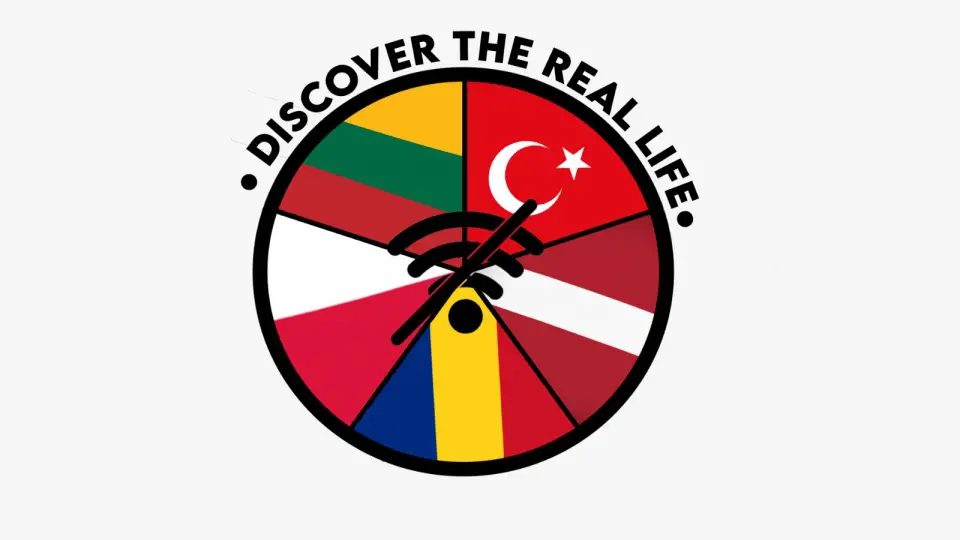Our Project
We are living in a world of technology and communication and need digital world to keep informed about the world around us. However, there is a fragile line between the use of digital media in an effective way and being addicted to it. Especially young people have a tendency to use digital world as an escape from the boredom and responsibilities of real life. Being addicted to smart phones, internet, social media, video games and other digital tools and media effects the health of the youth and decrease success at school. Addicted young people tend to spend most of their time in front of a screen; they do not even know how to live their lives without it. By doing this project, we want to help young people escape from digital addiction or prevent them from being addicted. We want to guide and motivate them to have an active, healthy and addiction-free social life, which will eventually raise their academic success and social inclusion. Our project focuses on protecting young people from the negative effects of digital world and developing and teaching strategies to prevent digital addiction. We want to help our students, especially disadvantaged groups, be aware of the harms of digital addiction while showing them an alternative lifestyle which is more active and healthy with limited use of digital media. By reducing their commitment to digital world, we want to increase our students’ self-confidence, social inclusion and finally success rate at school. By setting up this partnership, we aim at discovering the richness of different cultures, appreciating cultural diversity, raising consciousness of the value of European Cultural Heritage, reinforcing creativity, improving social, language and communication skills as well as abilities to work with transnational teams to improve project management skills. The project is planned to last 24 months with partners from 5 European countries. There will be 5 exchanges with at least 100 students and 10 teachers or administrators. The exchange activities will include at least 50 disadvantaged students. We predict that more than 5000 people will indirectly benefit from the project as well. Participants will actively participate in preparation activities before exchanges. Contact persons will give them information about the culture, essential laws and morals of host countries. The host countries will organize seminars to raise consciousness about different aspects and negative effects of digital world. Each host country will also organize workshops and other events (brain training games, camping, trekking, concert, art exhibition, volunteering, musical play-drama) with an aim to teach an active lifestyle without digital addiction and raise consciousness and motivation towards a healtier life. All project activities will show our participants the negative effects of overuse of digital media and introduce them with alternative ways of living their lives. The project will motivate all participants to limit their access to digital media, spend more time with family and friends, increase their social skills, integrate better in society, respect cultural diversities, improve personal development and teamwork skills as well as Project management capabilities. As a result, we expect their social inclusion will increase and their academic performance will enhance.
